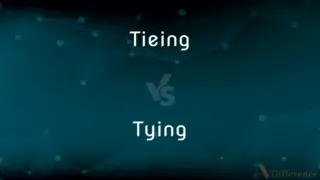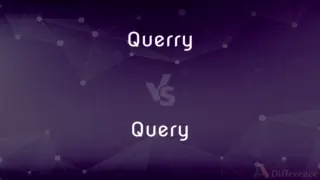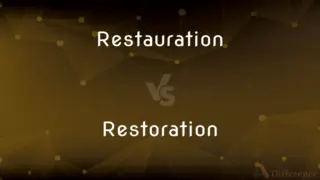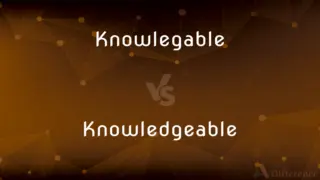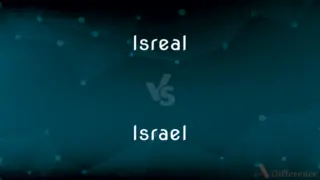Chidren vs. Children — Which is Correct Spelling?
Edited by Tayyaba Rehman — By Fiza Rafique — Updated on April 1, 2024
"Chidren" is an incorrect spelling. "Children" is the correct spelling, referring to more than one child or offspring.
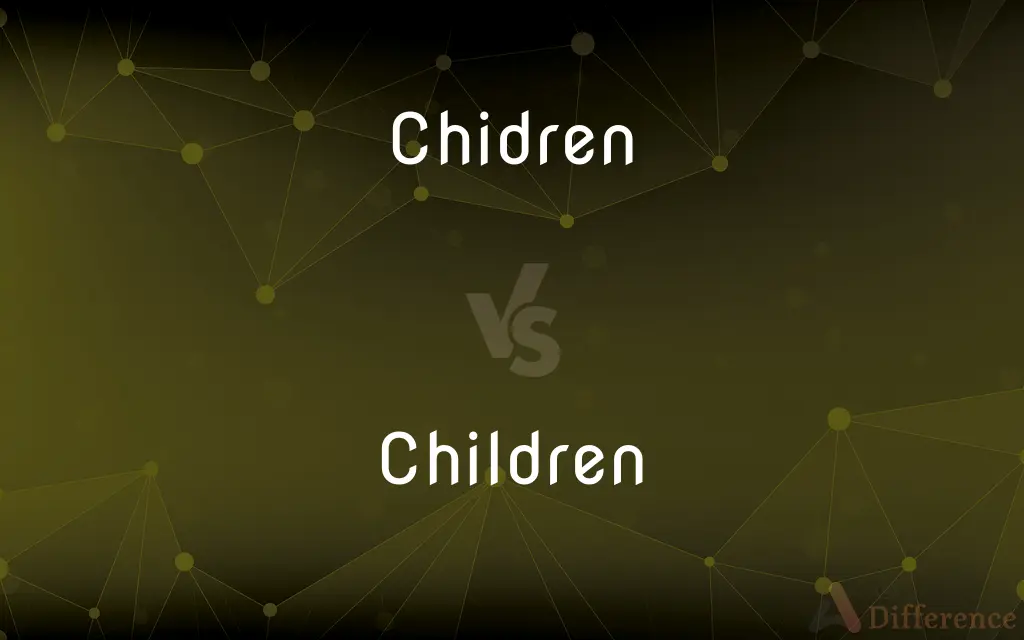
Table of Contents
Which is correct: Chidren or Children
How to spell Children?

Chidren
Incorrect Spelling

Children
Correct Spelling
ADVERTISEMENT
Key Differences
Remember that "children" contains the word "child" with "ren" added.
Associate "child" with "ren" from "rendition," as both relate to versions or kinds.
Recall the song "Children, children, what do you see?" for repetition.
Envision multiple kids playing, representing "children," not just one "child."
Think of the phrase "Children R Endearing," to recall the "r" in "children."
ADVERTISEMENT
How Do You Spell Children Correctly?
Incorrect: It's important to teach chidren about responsibility.
Correct: It's important to teach children about responsibility.
Incorrect: The school organized a field trip for the chidren.
Correct: The school organized a field trip for the children.
Incorrect: The park was full of chidren playing soccer.
Correct: The park was full of children playing soccer.
Children Definitions
Plural form of "child," denoting young humans below the age of puberty.
The children were playing in the park.
Used figuratively to refer to something that is the result of a particular action or process.
His inventions are his children.
Individuals who are descendants or offspring of a particular person or group.
They are the children of war veterans.
Young ones of certain animals.
The goat and her children were grazing.
Those influenced or taught by a particular figure or institution.
They are the children of the Enlightenment.
Plural of child.
Plural of child.
Pl. of Child.
Children Meaning in a Sentence
All children need love and support to grow.
The museum offers workshops for children on weekends.
Children love to play hide and seek.
It's fun to watch children discover new things.
The teacher read a story to the children.
The children made cards for Mother's Day.
Educating children is a responsibility shared by society.
Parents picked up their children after soccer practice.
Teaching children to read opens up a world of knowledge.
The playground was designed with young children in mind.
Many children are fascinated by dinosaurs.
The zoo's petting area is popular with young children.
Libraries often have storytime sessions for children.
The festival had a special parade just for children.
It's important for children to learn how to share.
Children need plenty of space to run and play.
Children often dream of becoming astronauts or doctors.
The camp offers a variety of activities for children.
The school ensures all children get a nutritious lunch.
On Halloween, children dress up in costumes and go trick-or-treating.
Children Idioms & Phrases
Children should be seen and not heard
Suggests that children should not interrupt adult conversations.
In the past, it was commonly believed that children should be seen and not heard.
Children are like sponges
Children easily absorb knowledge and behaviors from their environment.
We should be careful about what we say around them; children are like sponges.
Common Curiosities
What is the verb form of Children?
"Children" is a noun; it doesn't have a verb form.
Why is it called Children?
"Children" is derived from Old English "cildra," the plural form of "cild," meaning "child."
What is the singular form of Children?
The singular form is "child."
Which conjunction is used with Children?
Any conjunction can be used with "children," such as "and" or "but."
Is Children an adverb?
No, Children is not an adverb.
What is the pronunciation of Children?
Children is pronounced as CHIL-dren.
Which vowel is used before Children?
The letter "i" is used in "children."
Is Children a noun or adjective?
Children is a noun.
What is the root word of Children?
The root word is "child."
What is the plural form of Children?
The plural form is "children."
Which preposition is used with Children?
Various prepositions can be used, such as "of" (children of the world).
Is Children an abstract noun?
No, Children is a concrete noun.
Is the Children term a metaphor?
It can be, as in "children of the revolution."
Is the word Children imperative?
No, "children" is not imperative.
Is the word Children a gerund?
No, "children" is not a gerund.
Is the word “Children” a Direct object or an Indirect object?
"Children" can function as either a direct or indirect object depending on the sentence.
What is a stressed syllable in Children?
The first syllable "Chil" is stressed.
Which article is used with Children?
Both definite ("the") and indefinite ("some") articles can be used with "children."
Is Children a vowel or consonant?
"Children" is a word, not a letter. It starts with a consonant.
What is another term for Children?
Youngsters or kids.
What is the opposite of Children?
Adults.
Which determiner is used with Children?
Determiners like "these," "those," "many," or "few" can be used.
How do we divide Children into syllables?
Chil-dren.
Is Children a countable noun?
Yes, Children is a countable noun.
Is Children a collective noun?
No, Children is not a collective noun.
Is Children a negative or positive word?
"Children" is neutral; its connotation depends on context.
How many syllables are in Children?
There are two syllables in Children.
What part of speech is Children?
Children is a noun.
Share Your Discovery
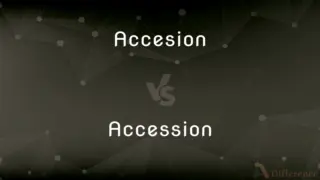
Previous Comparison
Accesion vs. Accession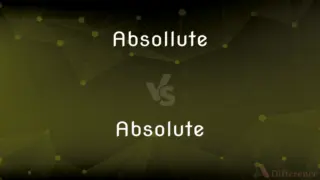
Next Comparison
Absollute vs. AbsoluteAuthor Spotlight
Written by
Fiza RafiqueFiza Rafique is a skilled content writer at AskDifference.com, where she meticulously refines and enhances written pieces. Drawing from her vast editorial expertise, Fiza ensures clarity, accuracy, and precision in every article. Passionate about language, she continually seeks to elevate the quality of content for readers worldwide.
Edited by
Tayyaba RehmanTayyaba Rehman is a distinguished writer, currently serving as a primary contributor to askdifference.com. As a researcher in semantics and etymology, Tayyaba's passion for the complexity of languages and their distinctions has found a perfect home on the platform. Tayyaba delves into the intricacies of language, distinguishing between commonly confused words and phrases, thereby providing clarity for readers worldwide.

